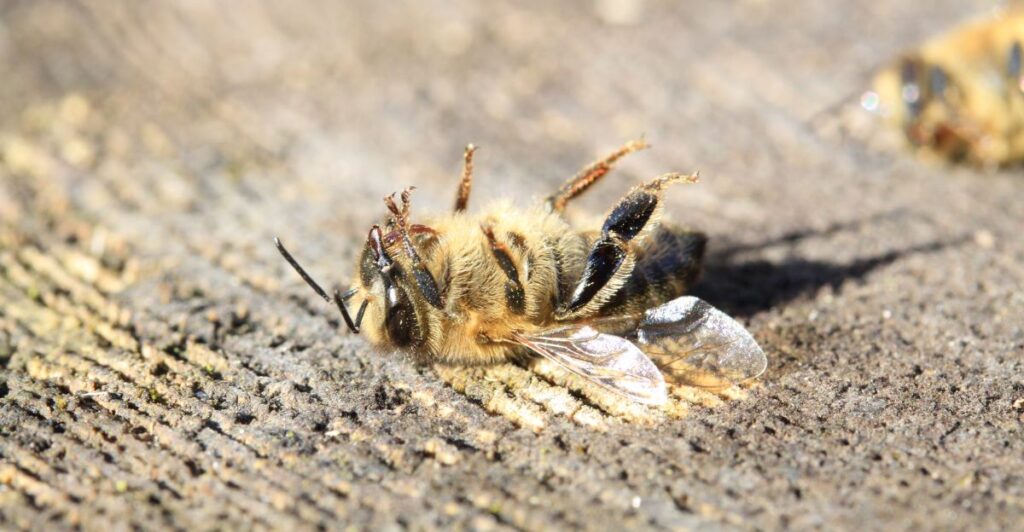
Honeybees are an essential part of the greater ecosystem and play a huge role in pollination across the United States and many other countries. However, recent data has suggested that the population is dropping at an alarming rate. The effects that a drop in population can have extend beyond just habitat sustainability but also food security, as agriculture is affected as well.
A survey was conducted in 2025 that revealed that commercial beekeepers are losing far more of their bees than in previous years. On average, beekeepers lost over 60% of their colonies.
These mass die-offs have implications for the broader agricultural ecosystem, as bees are crucial in pollination efforts to keep crop populations thriving. Concerns have been raised among scientists, beekeepers, and environmentalists.
The Scale Of The Losses
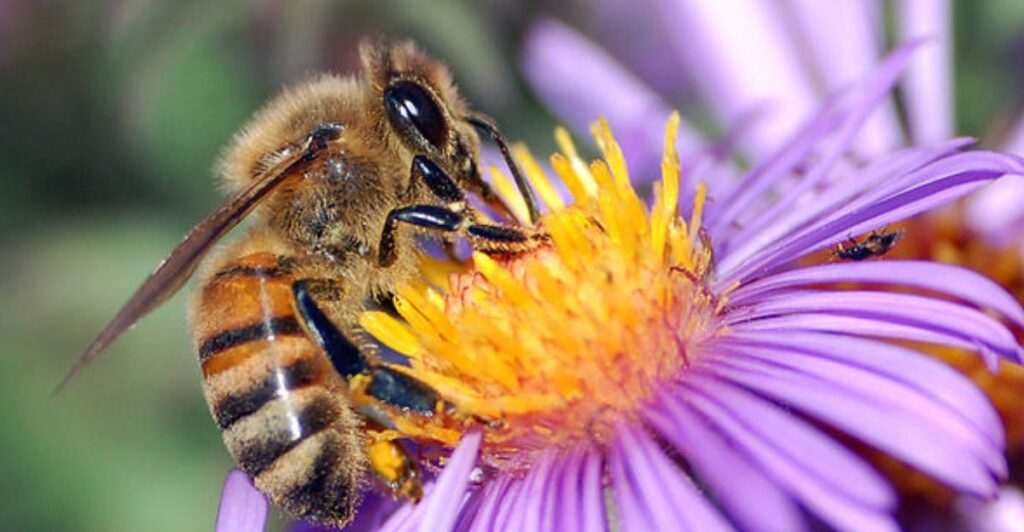
The survey that discovered the mass die-offs in bees was led by the nonprofit organization Project Apis m. The nonprofit aims to support beekeepers through research to identify challenges the industry is having and both fund and direct solutions.
The survey that Project Apis m. gathered was extensive, getting information from more than 700 beekeepers who are responsible for looking after nearly 1.8 million bee colonies. The research gathered accounted for approximately 68% of the honeybee population in the United States.
Washington State University researchers looked into the population and forewarned that some areas of the United States could see as much as a 70% loss in bee population, which would be the worst bee mortality rate ever surveyed. These declines need to be understood in order for a solution to be provided.
The Most Affected States
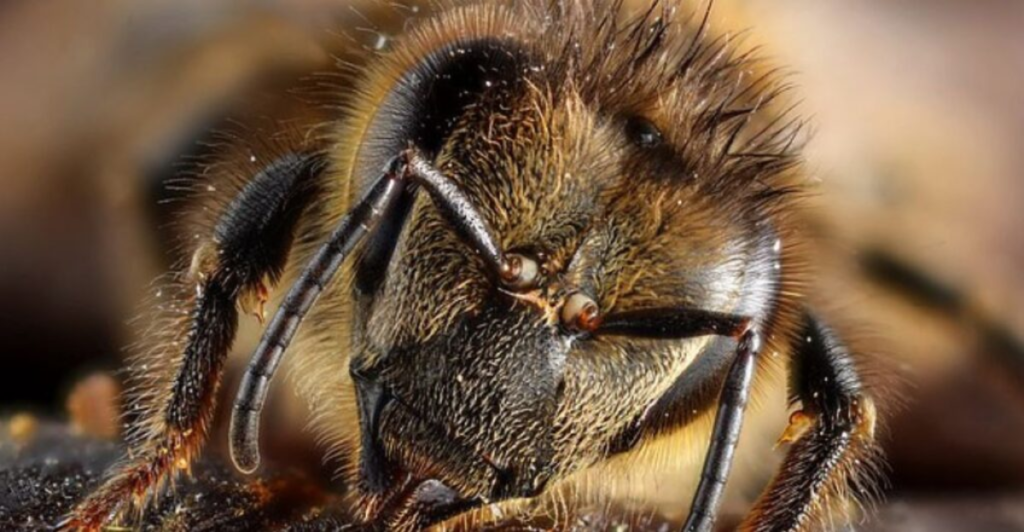
While not the entire U.S. is seeing such drastic declines, many states are being hit particularly hard, having implications for local agriculture as many farmers depend on these honeybees to keep their crop population high and healthy.
Beekeepers and farmers alike have experienced disproportionate bee declines in states like California, Texas, Florida, North Dakota, South Dakota, Montana, Washington, Oregon, and Michigan. Among these states, California is experiencing the most decline.
California relies on bees for many agricultural practices, including almond pollination. The state is responsible for approximately 80% of all almond production across the planet. As the populations decline among uncertainty, many experts have stepped up to voice their concerns about the repurcussions such a substantial loss could have.
Expert Concerns
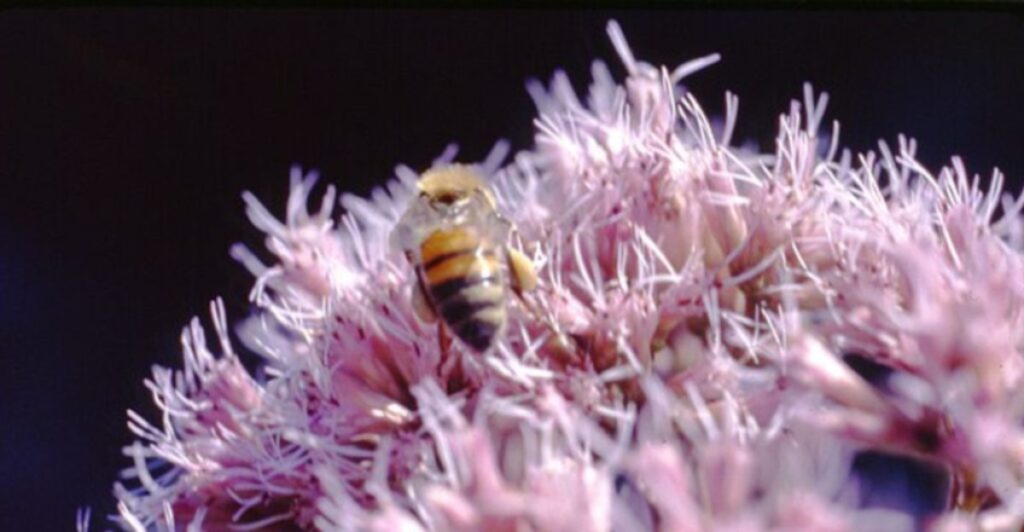
Cornell University entomology professor Scott McArt has expressed his apprehension, stating, “Something real bad is going on this year.” McArt further explained that many regions across the United States are experiencing tragic losses in the honeybee population.
This has a knock-on effect, as many crops are experiencing pollination shortfalls, leading to a decline in crop yield like almonds, which are essential for local economies. If the population cannot bounce back from these losses, then many more crops will be at risk.
“The situation is dire,” McArt stated, “and if we don’t act now, we risk losing not just bees but entire ecosystems and food systems.” This highlights the importance of proactive solutions as repercussions loom on the horizon.
Impact On The Economy
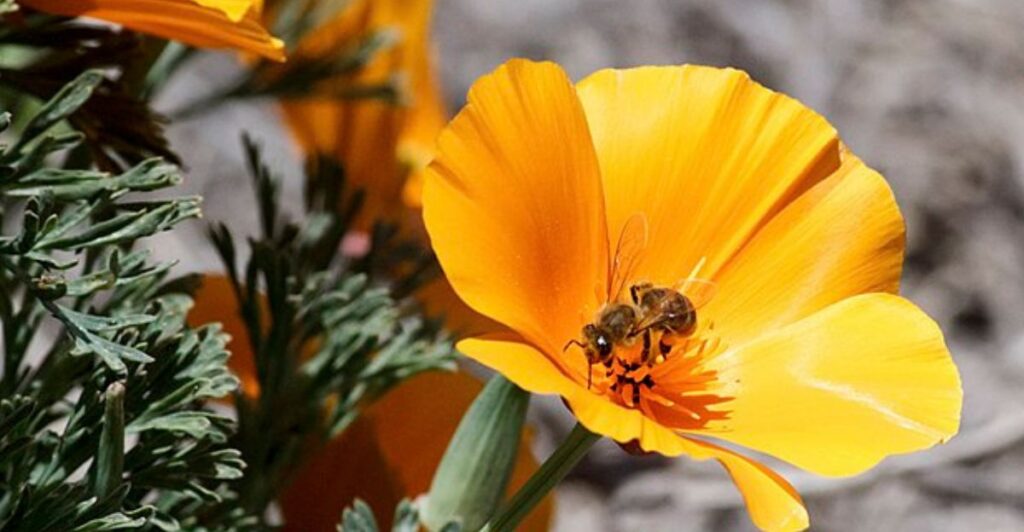
United States agriculture relies heavily on honeybee populations, which contribute an estimated 15 billion dollars annually through their pollination of crops that are essential to both the local economy and food security like almonds, apples, blueberries and cherries.
A well-known beekeeper, Blake Shook, has cautioned that as the losses pile up, they will disrupt food production, and many items available on shelves could dwindle, leading to inflation through scarcity.
He suggested that the bees are vital for our food supply and that the economic implications will affect more than just agriculture. Industries that rely on crops, such as the almond industry, generate an estimated 11 billion dollars in revenue annually and provide thousands of jobs to people.
Factors Behind The Decline
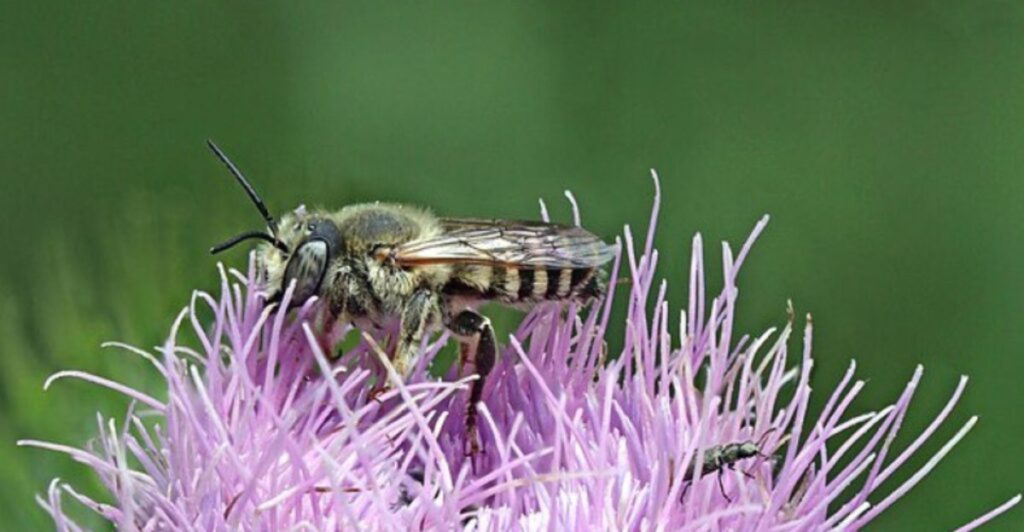
As scientists, beekeepers, and conservations scramble for answers and solutions, many have proposed what factors are responsible for such a drastic and rapid decline in the bee population compared to previous years.
Among the factors are poor nutrition, infestations of pests and parasites like varroa mites, and diseases among local populations such as deformed wing virus. Bees can also be exposed to harmful pesticides as they pollinate.
Washington State University researcher Priya Chakrabarti Basu said that the situation is a delicate and complex one, “t’s not just one thing killing the bees—it’s a combination of stressors that are overwhelming their ability to survive.” Climate change has only intensified these challenges, as flowering patterns are shifting and reducing the chances bees have of pollinating.
Pollination Challenges
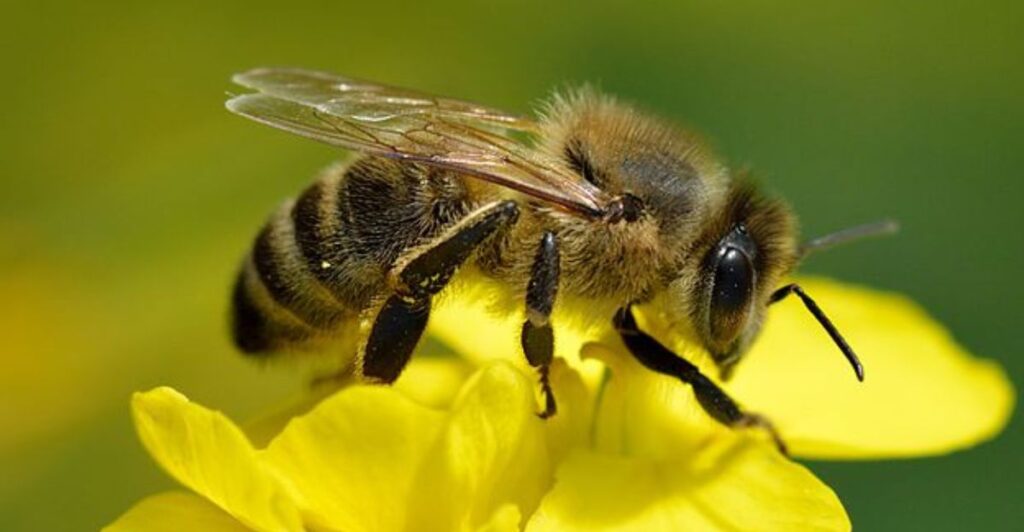
Many beekeepers have said that they have had difficultes not only in their population, but in the pollination that should take place in vital crops like almonds. Almonds rely entirely on bees for pollination and will be negatively effected as a result.
As almond orchards are among the first to suffer as a result of the loss of many honeybees, it is a reminder of the repercussions to come if something doesn’t change. Bees play an essential role in agriculture, and more crops will suffer as a result.
The almond industry has faced a 30% reduction in pollination efficiency. This means that costs within the industry will only increase as crops yield less, having a major impact on consumers, local jobs, and food availability.
Ecological Implications
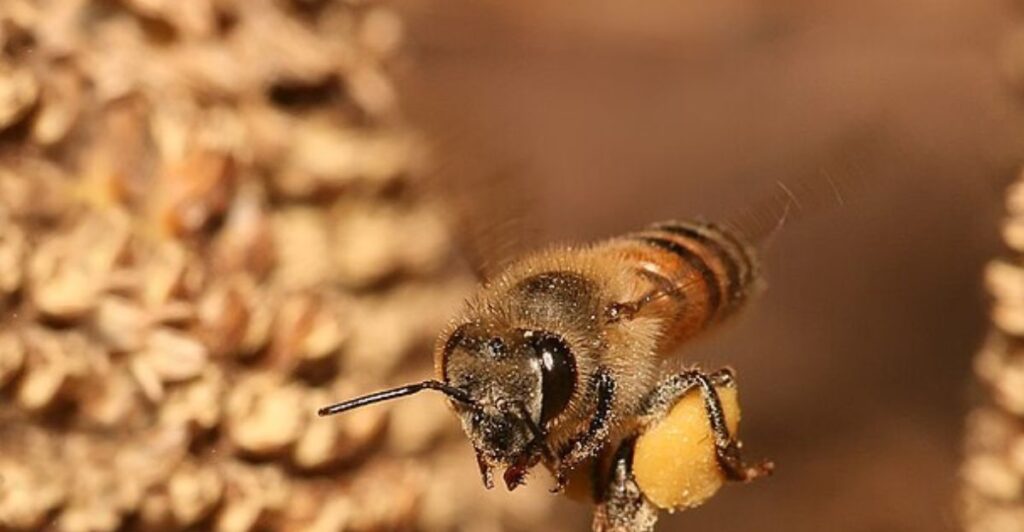
The mass die-offs of honeybees has far reaching consequences that go beyond agricultural practices. Bees are not only essential pollinators for crops but also for wild plants. The decline in the bee population means that many plants could see a decline as well, meaning that there would be a reduction in biodiversity, creating a more vulnerable ecosystem.
Many animals in these habitats rely on wild vegetation for food, and their predators rely on them for meat. This balance could potentially throw off an entire food chain, resulting in the reduction of many animal species.
As entire ecosystems see the after effects of less honeybees, even migratory birds wouldn’t be safe, and their populations would decline as well. McArt stressed, “This isn’t just about bees, it’s about the entire web of life.”
A Call To Action
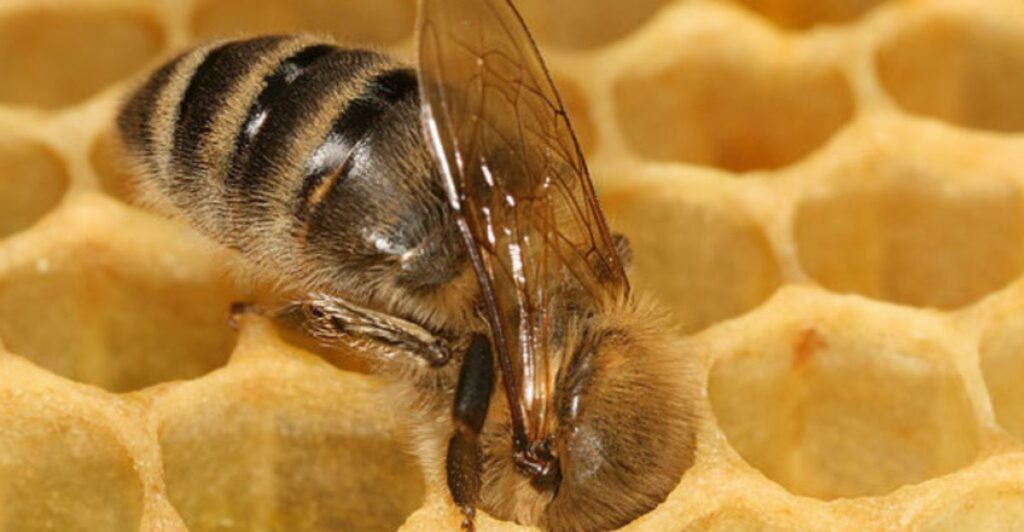
Immediate action is needed in order to address this crisis. For starters, harmful pesticides should be reduced, and base nutrition by planting diverse forage crops could aid bee populations in their recovery. Scientists and researchers aren’t the only ones that can helped.
Public awareness is a crucial tool that could be leveraged to push for policy changes. Legislative changes, such as banning harmful pesticides, would prioritize the protection of bees and could contribute to creating a more sustainable environment.
If pollinator-friendly habitats are prioritized and organic farming practices are encouraged, the honeybees’ risk to pesticides and other diseases would go down.
A Cautionary Tale
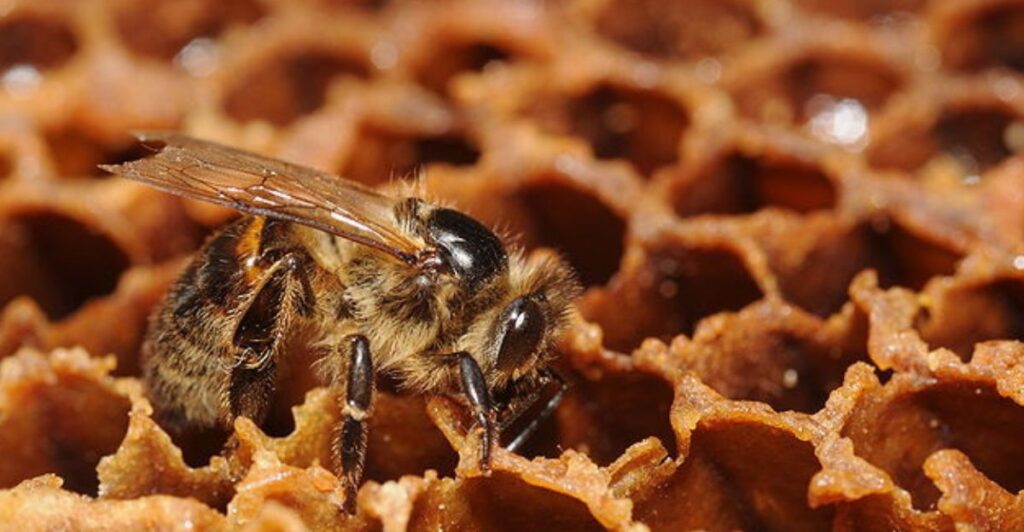
The decline of honeybee populations is a cautionary tale of how interconnected he environment is and how easily it can be thrown out of balance. We need to look for solutions in order to secure the bee populations, the greater ecosystem, and food security.
The far-reaching consequences are already apparent, and if nothing is done, then this could only get worse. Shook warned, “We can’t afford to lose our bees. The stakes are too high.”
Explore more of our trending stories and hit Follow to keep them coming to your feed!

Don’t miss out on more stories like this! Hit the Follow button at the top of this article to stay updated with the latest news. Share your thoughts in the comments—we’d love to hear from you!







